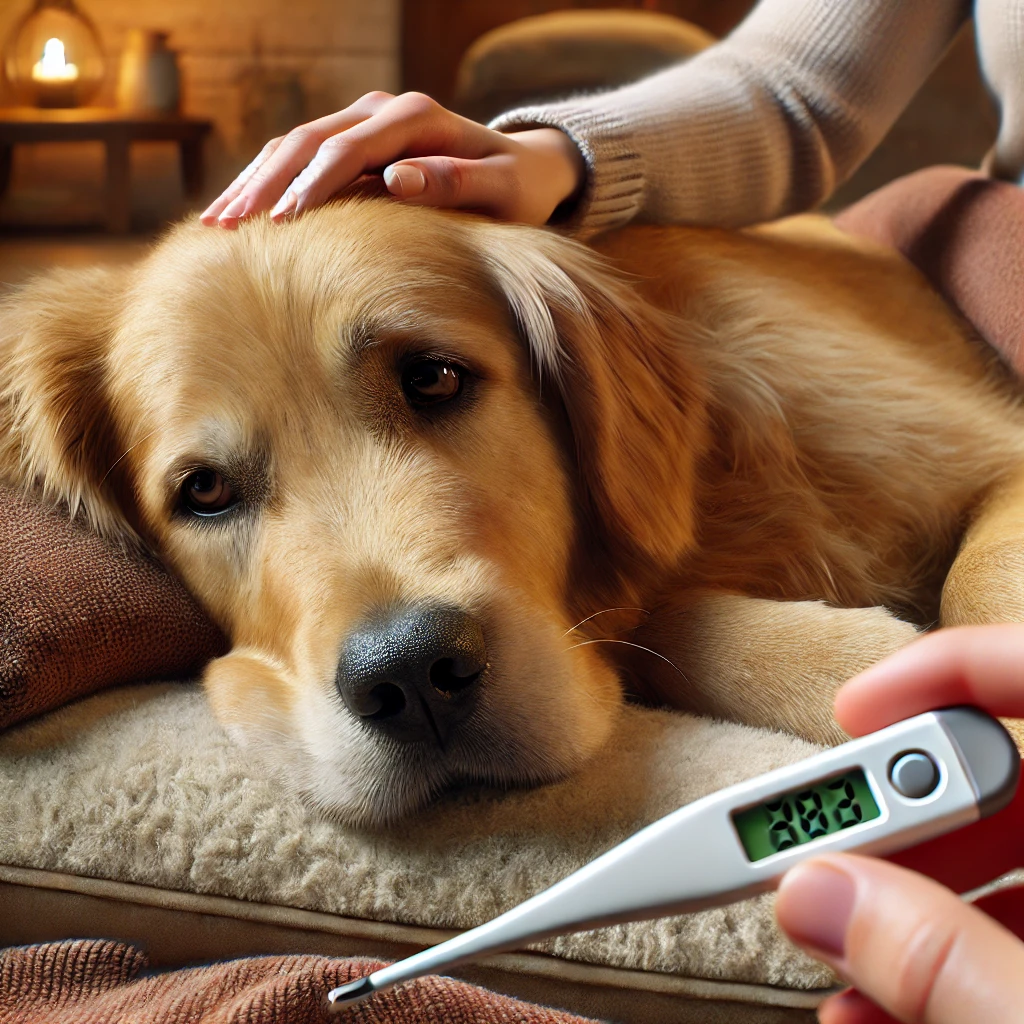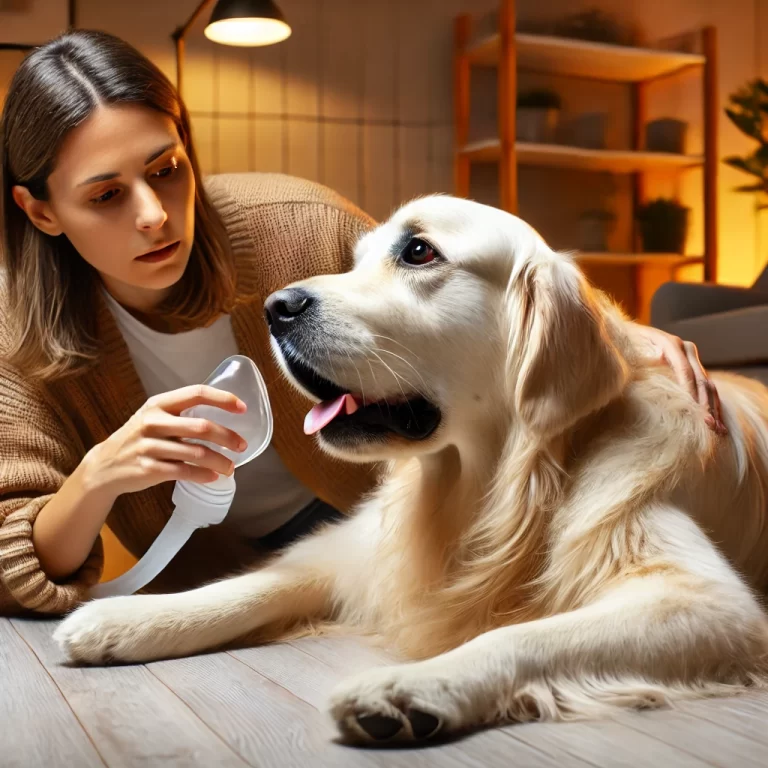Why Is My Dog Shaking? Understanding the Causes and Solutions
If you’ve noticed your dog shaking, you might be wondering, “Why is my dog shaking?” While some causes of dog shaking are harmless, others may indicate a more serious underlying health issue. In this article, we’ll explore the common reasons why dogs shake, when you should be concerned, and what you can do to help your furry friend.
Common Reasons Why Dogs Shake
1. Cold or Chilly Weather
Just like humans, dogs can feel cold. Smaller breeds, short-haired dogs, and older dogs are more susceptible to shivering in low temperatures. If your dog shakes after being outside in the cold, consider getting them a warm sweater or blanket.
2. Excitement or Anxiety
Dogs often shake when they are excited, nervous, or anxious. If your dog trembles when you come home, during playtime, or before mealtime, excitement is likely the cause. On the other hand, if your dog shakes in unfamiliar situations, such as visits to the vet or car rides, anxiety could be the culprit.
3. Pain or Injury
Dogs may shake when they are in pain. Conditions like arthritis, muscle strain, or injury can lead to trembling. If your dog’s shaking is accompanied by limping, whining, or difficulty moving, it’s best to consult your veterinarian.
4. Illness or Fever
Shaking can be a symptom of an underlying medical condition. Fever, infections, or neurological disorders can cause uncontrollable tremors. If your dog shakes along with signs like lethargy, vomiting, or loss of appetite, seek veterinary care immediately.

5. Hypoglycemia (Low Blood Sugar)
Small and toy breeds, such as Chihuahuas and Yorkies, are prone to hypoglycemia, which can cause trembling. If your dog appears weak, disoriented, or collapses, offer them a small amount of honey or sugar water and take them to the vet right away.
6. Toxin Exposure
Certain foods, chemicals, or plants can be toxic to dogs and cause shaking. Common toxins include chocolate, xylitol (a sweetener), grapes, onions, and household cleaning products. If you suspect poisoning, contact your vet or an emergency pet poison hotline immediately.
7. Old Age and Neurological Disorders
Senior dogs may develop conditions like canine cognitive dysfunction (dog dementia) or degenerative neurological diseases that cause tremors. If your older dog shakes frequently, your vet can determine whether an underlying condition is responsible.
8. Fear or Stress
Thunderstorms, fireworks, or loud noises can trigger fear-induced shaking in dogs. Providing a safe space, using anxiety wraps, or playing calming music can help soothe a fearful dog.
9. Nausea or Motion Sickness
Dogs who experience nausea due to motion sickness, digestive issues, or certain medications may shake. If your dog shakes before or after car rides, they might be experiencing motion sickness.
10. Generalized Tremor Syndrome (GTS)
Also known as “White Shaker Syndrome,” this condition affects small breeds like Maltese, Poodles, and West Highland Terriers. While the cause is unknown, it is treatable with medication prescribed by a vet.
When Should You Be Concerned?
While occasional shaking is usually harmless, persistent or severe shaking accompanied by other symptoms may indicate a serious health issue. Seek veterinary care if your dog’s shaking is accompanied by:
- Vomiting or diarrhea
- Difficulty walking or standing
- Lethargy or weakness
- Excessive drooling or foaming at the mouth
- Labored breathing
- Seizures
- Loss of appetite
What You Can Do to Help Your Dog
1. Keep Your Dog Warm
If your dog is shaking due to cold weather, provide a cozy bed, blankets, and possibly a dog sweater.
2. Comfort and Reassure
If your dog is anxious, provide a calming environment with their favorite toys or a safe space to retreat. Consider anxiety-reducing products like pheromone diffusers or calming treats.
3. Monitor for Injuries or Pain
Check for signs of pain or discomfort, such as limping or whining. If you suspect an injury, visit your vet for an evaluation.
4. Ensure a Proper Diet
For small dogs prone to hypoglycemia, feeding small, frequent meals can help maintain stable blood sugar levels.
5. Avoid Toxic Foods and Substances
Keep hazardous foods and household chemicals out of reach. If you suspect poisoning, seek veterinary care immediately.
6. Visit the Vet
If you’re unsure why your dog is shaking, a vet visit is always a good idea. They can perform tests to rule out underlying health problems.
Conclusion
Shaking in dogs can have many causes, ranging from harmless excitement to serious medical conditions. Understanding why your dog is shaking is crucial to ensuring their health and well-being. If your dog’s trembling is persistent or accompanied by other concerning symptoms, consult your veterinarian for a proper diagnosis and treatment plan.
By staying attentive to your dog’s needs and addressing any underlying issues, you can keep your furry companion happy and healthy!







